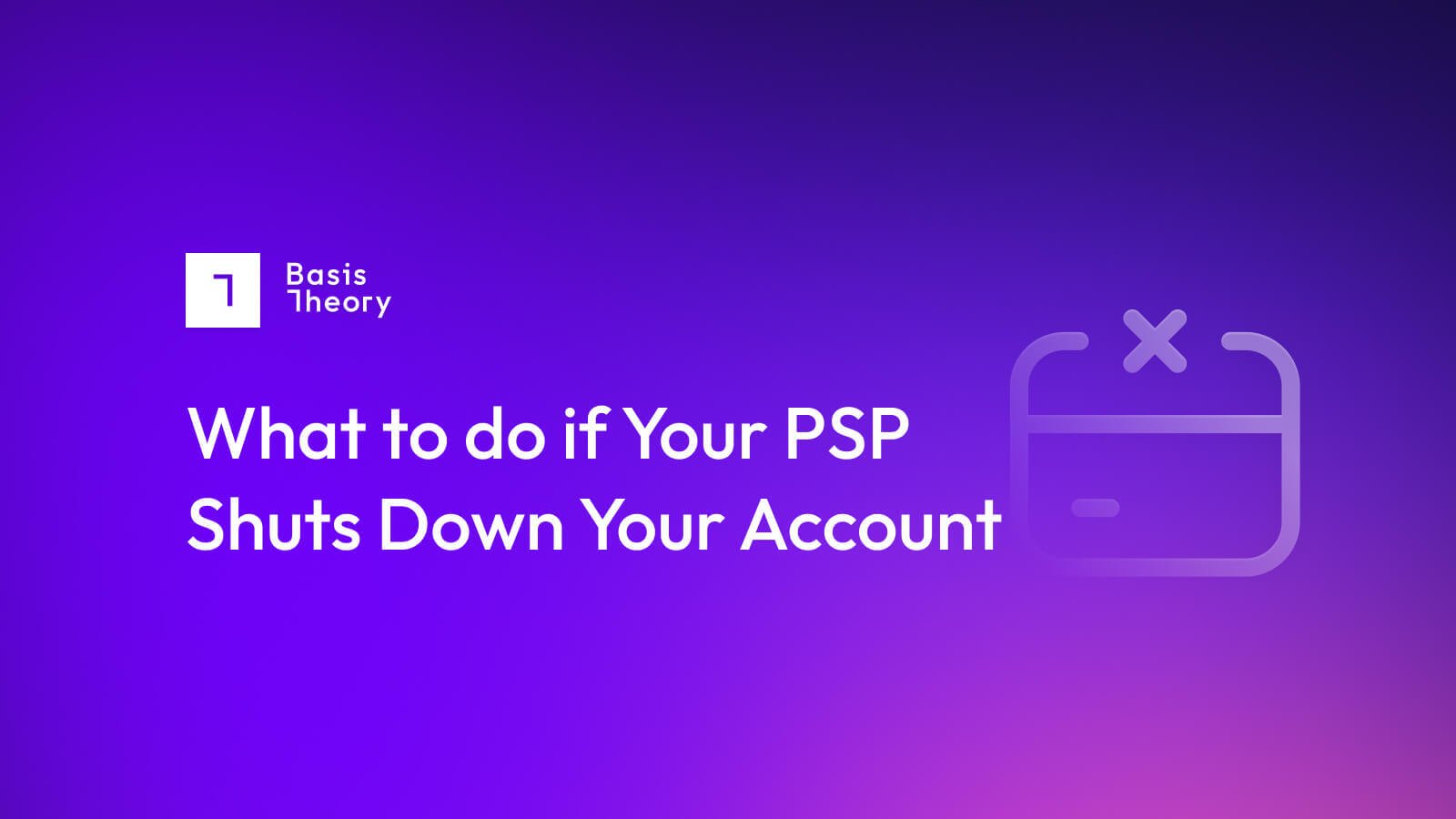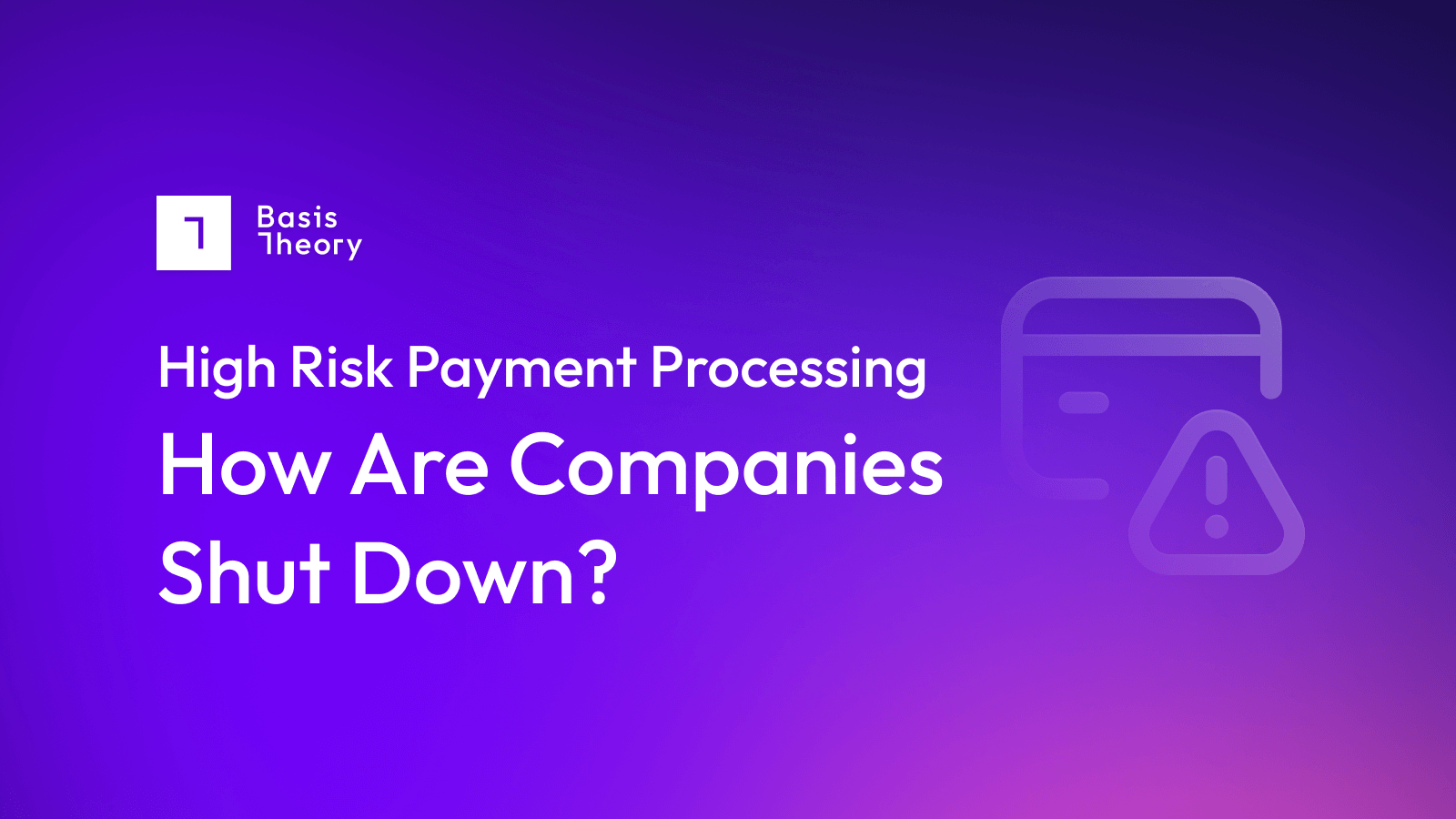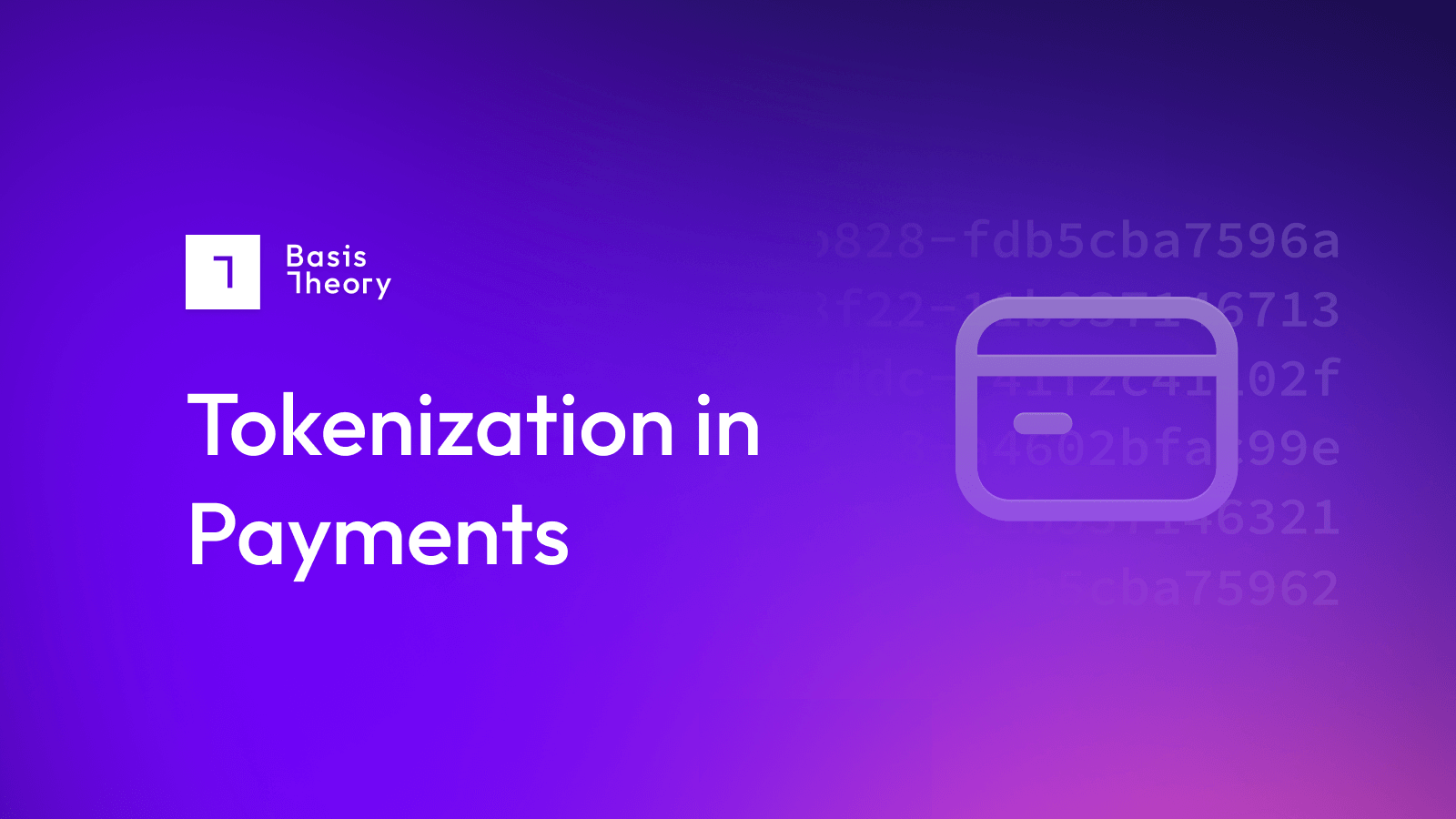What to do if your PSP Shuts Down Your Account

Payment service providers (PSPs) play a critical role in ensuring smooth and secure payment processing for a variety of merchants but they can pose a significant risk to those merchants. Being reliant on just one PSP, often a full-service PSP, to ensure you can take payments is a risky path.
We hear stories every day from companies that have been shut down by their PSP and have lost the ability to collect revenue from customers. High-risk industries, high chargeback rates, suspicious activity, and fraud reports are some of the common factors that may lead to account shutdown.
What should you do if your account is one of the unlucky ones that happens to be shut down unexpectedly? And, how do you set your operations up to prevent that from happening again?
In this blog post, we'll explore the steps you can take to recover your funds and database, find a new PSP, and prevent future account shutdowns. We'll also discuss how taking ownership of your payment data and building redundancies into your payment processing can help you stay ahead of the issue.
Why do PSPs Shut Down Accounts?
Each PSP has different criteria for what keeps accounts in good standing or what causes an account to shut down. PSPs will use these criteria to label merchant accounts as high-risk merchants. High-risk merchants vary from provider to provider but often have several of the following characteristics:
- High chargeback rates
- Concerning rates of suspicious activity
- “Bad actor” reports of the account
- Operating in “high risk” industries like gambling, CBD, and e-commerce
If an account has already been deemed “high-risk” and then has issues with chargeback rates, suspicious activity, or fraud reports, the account could be shut down until further review. In other instances, a warning may come through first with the ability to correct the actions to prevent account shutdown.
In some cases, an account could be designated as a high-risk account without warning due to the rules and regulations of the PSP.
Read our in-depth post that details the process of an account being shut off by its payment service provider.
What Do You Do If Your Account is Shut Down?
Unfortunately, account shutdowns, even without warning, aren’t uncommon. We hear this time and time again as Basis Theory customers like Passes, a creator platform, have experienced this issue firsthand.
Patrick Zhang, the tech lead at Passes, found himself scrambling at two in the morning to integrate a new payment service provider (PSP) after the one they were using shut them off without warning. “It was terrible. I had to get up in the middle of the night and integrate our payment system with [a new PSP]. But then we realized that no one PSP was going to last forever and we needed a fundamentally new solution to make sure that we won't be in danger of this happening again.”
If your account has been shut down by Stripe or another PSP, act quickly.
In order to get back up and running an ensure you won’t face this problem again you’ll want to:
- Contact the support team at your PSP to get details on the issue, receive access to your funds and database, and appeal if appropriate.
- Migrate your database to a secure vault like Basis Theory so that you can take ownership over your data.
- Find a new PSP that you can use for future payments to ensure your business continues to receive funds.
- Integrate card collection into your payment flows so that you can collect and process cards without bringing your organization into PCI scope.
- Integrate your CDE with additional PSPs, if appropriate, to reduce the risk of a single-point-of-failure issue arising again.
Insuring Your Business Against an Account Shutdown
If you haven’t already had to experience the challenge of an account shutdown and want to get ahead of the issue, you have a few preventative steps you can take.
Take Ownership Over Your Data Now
One major concern with using a large PSP like Stripe or Worldpay is that your data could be held hostage by the company in the event of a shutdown or your desire to leave for another processor. It’s not uncommon for those companies to own a merchant’s payment tokens, effectively creating vendor lock-in and making it nearly impossible to leave the company.
At Basis Theory, we’ve heard many stories about merchants who try to leave large PSPs like Stripe, only to have to buy out their payment tokens at an expensive rate, and go through an arduous migration process to get their data to a new processor.
If you take ownership over your payment data now by migrating it to a secure vault, you can more easily route payments to a backup processor, or you can take your business elsewhere on your terms.
Build Redundancies
Having any single point of failure in an organization is a risky situation. Using a single payment partner is no different, and by using only a large PSP like Stripe or Worldpay, organizations open the door for many single-point-of-failure issues.
The best way to prevent this single-point-of-failure is to build in a backup payment processor into your payment flow. Should your account close for any number of reasons - and you have ownership over your payment tokens, you could quickly shift your payment processing to your backup payment processor.
If you would like to build in a more sophisticated solution, you can consider smart payment routing with cascading payments, where transactions are distributed through multiple PSPs, channels, or gateways. If a transaction is declined through one channel, it’s moved on to the next for approval. This gives each transaction multiple opportunities to go through successfully. This smart payment routing not only helps in the case of an account shutdown, but gives more payments additional opportunity to process successfully even if a shutdown is unlikely to occur.
Stay Informed on High-Risk Payment Processing
Our payments experts have written several articles tailored to high-risk merchants that can keep you informed on the latest regulations, requirements, and news.
High-Risk Merchant Category Codes (MCCs) - Learn more about the rules credit card associations place on particular "higher risk" MCC categories for risk monitoring.
What Are High-Risk Payment Processors? - Oftentimes, high-risk merchants must use specially designated payment processors that specialize in their business. Learn why.
What is a High-Risk Merchant & How Do Payments Work? - Learn more about what it means to be a high-risk merchant and how this impacts payment processing.
All parts of our high-risk payment processing series:
.png?width=365&height=122&name=BTLogo%20(1).png)



